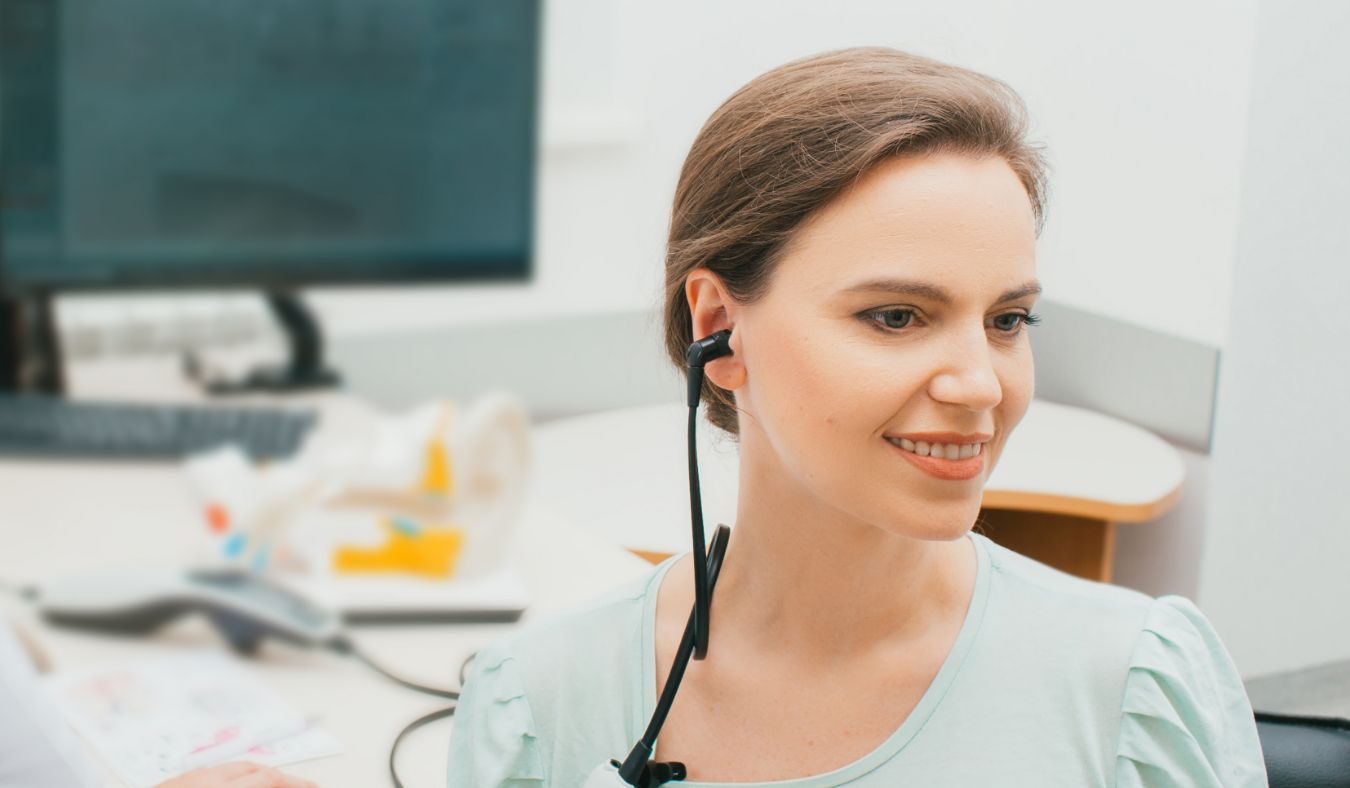How to Adjust Hearing Aids for Seasonal Allergies
When spring arrives, many of us deal with the typical symptoms of seasonal

When spring arrives, many of us deal with the typical symptoms of seasonal

Technology continues to change how we approach health care, bringing new

The distance between patients and audiologists is becoming smaller, not